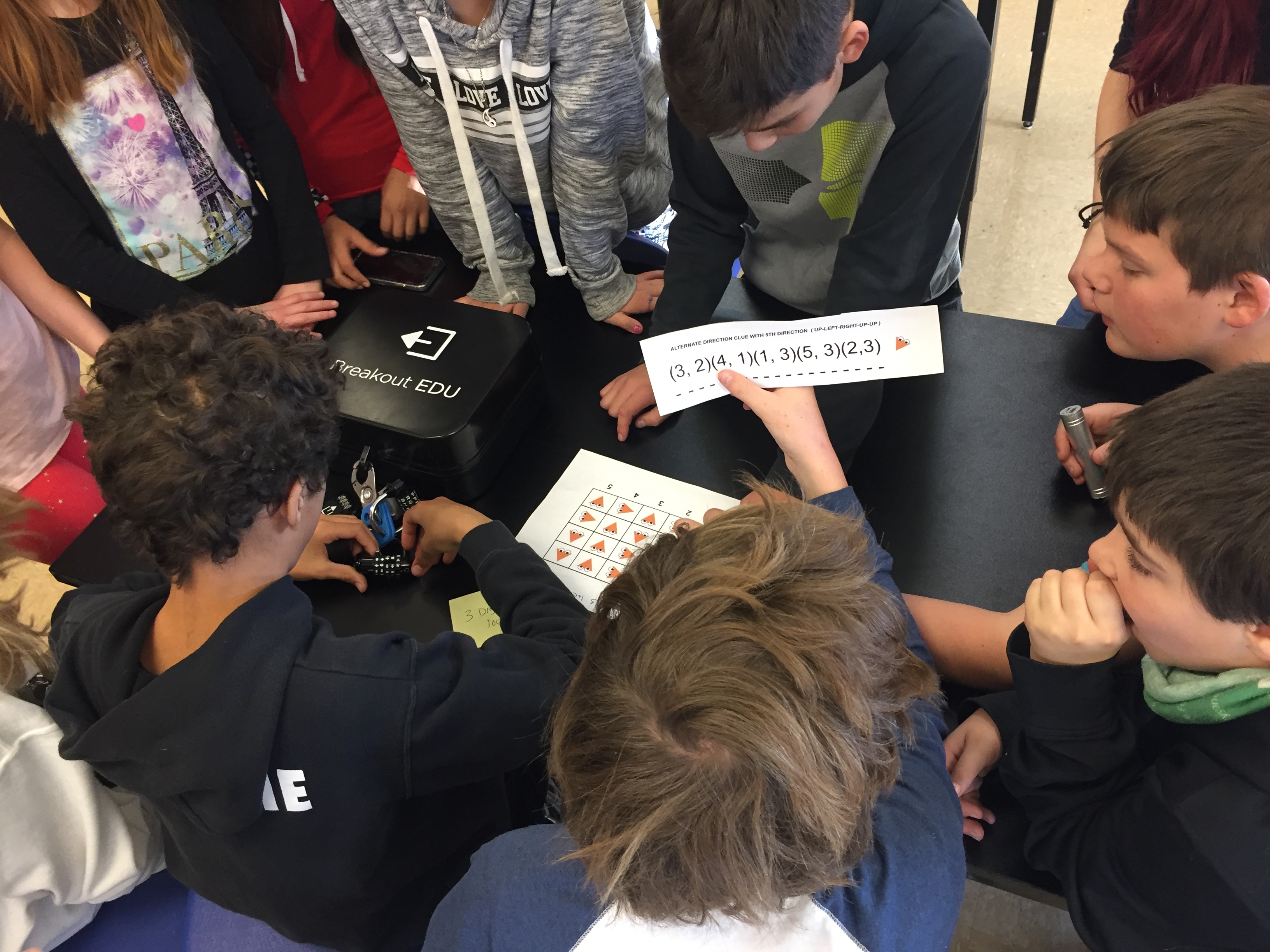Posted 03/01/2023 - 9:05am
Tags: ESSER Expanded Learning Opportunities, ESSER III, High-Quality Instructional Programming, Local PrioritiesStudents in the East Grand and West Grand school districts have a safe environment to continue learning outside of their regular four-day school week thanks to funding from Colorado’s Expanded Learning Opportunities Grant Program. Colorado AreoLab’s 5th Day Afterschool and summer programs are helping students who struggled during the pandemic improve their math scores and build social emotional skills with project-based STEM education.
Colorado earmarked $10 million of the American Rescue Plan’s third round of Elementary and Secondary Schools Emergency Relief funding, known as ESSER III, for the ELO grants. These funds are intended to accelerate learning and enhance well-being among students most impacted by the COVID-19 pandemic, including those from low-income families, racial and ethnic minorities and students with unstable housing situations.
Colorado AeroLab received $337,500 for its summer program and $423,000 for its afterschool programs that serve two Grand County rural and remote districts facing post-pandemic challenges. The educational non-profit was one of 60 organizations throughout Colorado that received Expanded Learning Opportunities grants. The awardees, announced in September 2022, included school districts, charter schools, libraries, community-based providers and institutes of higher learning.
“CAL’s secret to success is to ‘disguise’ learning as fun, such as teaching the science of solar energy by making s’mores in an aluminum foil solar oven built by students, or learning about local ecology and ecosystems by seeing the landscape from the height of the ski gondola,” said Elaine Menardi, executive director of Colorado AeroLab. “A combination of indoor and outdoor activities challenge students to put their academic knowledge and individual experiences together to learn through doing.”
The organization’s grant application noted that in Grand County, where 78% of the economy depends on tourism, COVID recovery has been especially slow: “Even with an abundance of accommodations and service-industry jobs, parents are trying to survive on low wages amid the rising cost of housing, fuel, and food, often working two or more jobs to make ends meet. The social-emotional impact on young people has been huge, especially when parents are absent from home, affecting every aspect of life from job loss to food security to mental health to academic confidence and achievement.”
Parents, stretched thin by the chaos of the last few years, need a safe and healthy place for their kids to spend time during non-school hours. Some youth have struggled with fears around parental job loss, low self-esteem and a sense of hopelessness.
“Kids are trying to get back after several difficult years. We had some significant closures at the height of the pandemic. The population of Spanish-speaking students has grown,” Menardi said. “On top of that, we had the East Troublesome Fire. We have some kids whose houses still haven’t been rebuilt yet.”
One way the educational non-profit is addressing the effects of such instability on students is by teaching math skills. Most students say they hate math and this attitude has a direct impact on their grades and their overall engagement at school, according to Colorado AeroLab’s grant application.
“The goal of 5th Day Afterschool Programs is to improve students’ attitude toward math through individualized support that helps them grow their confidence and strengthen their skills. When students feel more confident and capable, they are more eager to be at school and to do well in their classes. The 5th Day Afterschool Programs will help improve regular student attendance and academic achievement.”
Colorado AeroLab was founded in 2017 and has shown that its approach has been successful in past years. Parents say that the time educators spend with students outside of school hours is improving their grades and self-confidence, which increases their interest in learning. Based on previous outcomes, the non-profit predicts that 90% of participants will improve their rate of school attendance and raise their grade point averages.
In addition to benefiting students, Colorado AeroLab’s programs provide an additional employment option and source of income for the teachers who participate. Keeping good teachers in these small rural mountain communities has been difficult because the cost of living is higher than other areas of the state. Grand County school districts have had an especially hard time keeping math teachers. Teaching in these out-of-school programs can increase teachers’ overall pay to help incentivize them to stay in rural district positions.
“Our principals in our schools call it tutoring. But it’s turned into a little more than that,” Menardi said. “It helps for relationship building. It’s more relational than in the classroom. More relaxed. Kids get a snack and get to see their teachers as real people rather than someone standing in front of them teaching a subject. It’s super important for kids who need a positive role model.”

West Grand Middle School students participate in a Fifth Day Activity at the AeroLab program in Grand County.



Connect With Us





